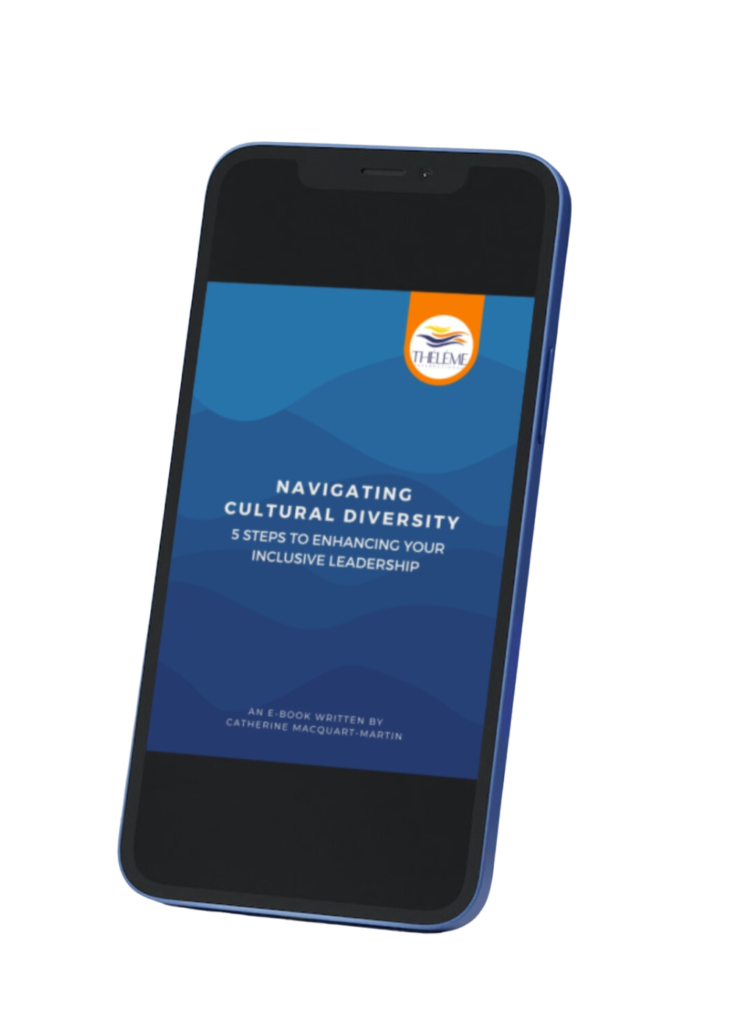
Enhancing Intercultural Communication Through Active Listening
Working with colleagues from diverse cultural backgrounds can bring unique perspectives and communication challenges. Active listening is crucial in overcoming these obstacles. Here are eight techniques for improving active listening.




